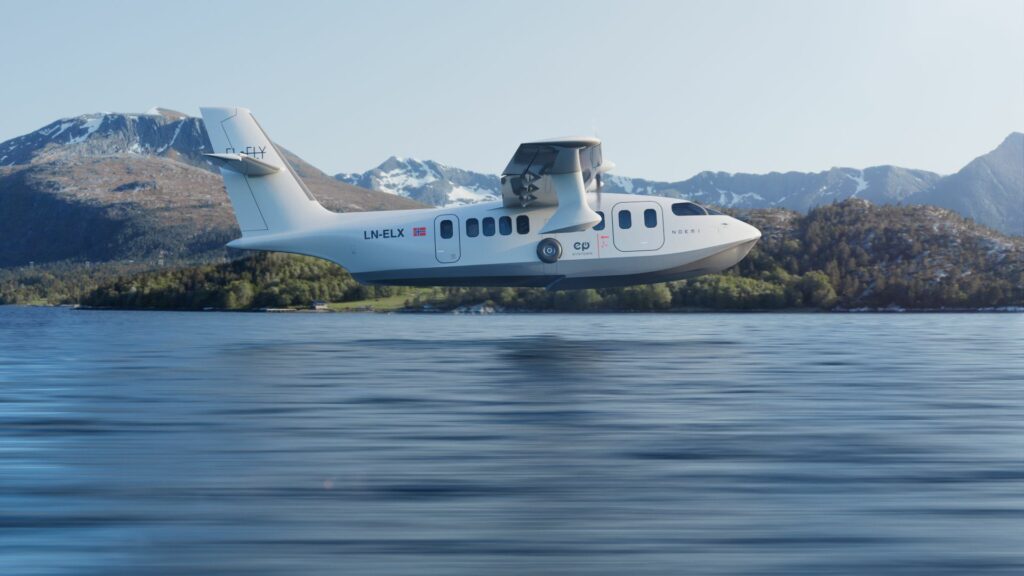
Elfly Group, the innovative minds behind the all-electric seaplane program ‘Noemi’ (No Emissions), is making waves with their latest partnership. They have teamed up with the government of Gotland, Sweden, to realize their vision of zero-emission commercial flights to the island by 2027. This collaboration, solidified by a recently signed Letter of Intent (LOI), aims to explore and deepen their mutual commitment to sustainable aviation.
The Vision of Zero-Emission Flights
Gotland, the largest island in the Baltic Sea, is located approximately 90km east of mainland Sweden. With a strong commitment to sustainability, the local government is enthusiastic about embracing eco-friendly solutions like Elfly’s ‘Noemi’. They envision at least one commercial operator who will fly an electric aircraft from the island in the near future.
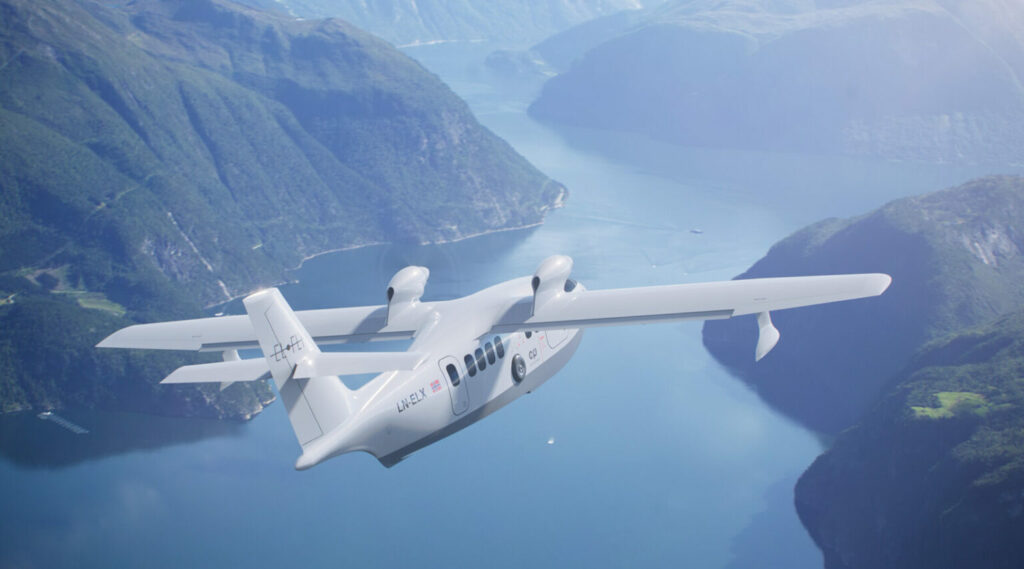
“We are excited to partner with Region Gotland in this groundbreaking initiative as we move towards a greener future,” said Eric Lithun, CEO of Elfly Group. “Our electric seaplane Noemi can create new opportunities for Gotland and showcase the potential of zero-emission solutions in many markets worldwide. We will contribute to Gotland so that it reaches its goal to start commercial zero-emission flights by 2030.”
Strategic Collaboration for Sustainable Aviation
Meit Fohlin, Social Democrats, Chairman of the Regional Board, Gotland, emphasized the importance of good communications to and from the island. “One of our biggest regional development requirements is securing good communications to and from the island. We are working actively to get electric flights to Gotland. We are, accordingly, pleased and proud to be able to announce today that with this Letter of Intent we are initiating a deeper collaboration with Elfly Group.”
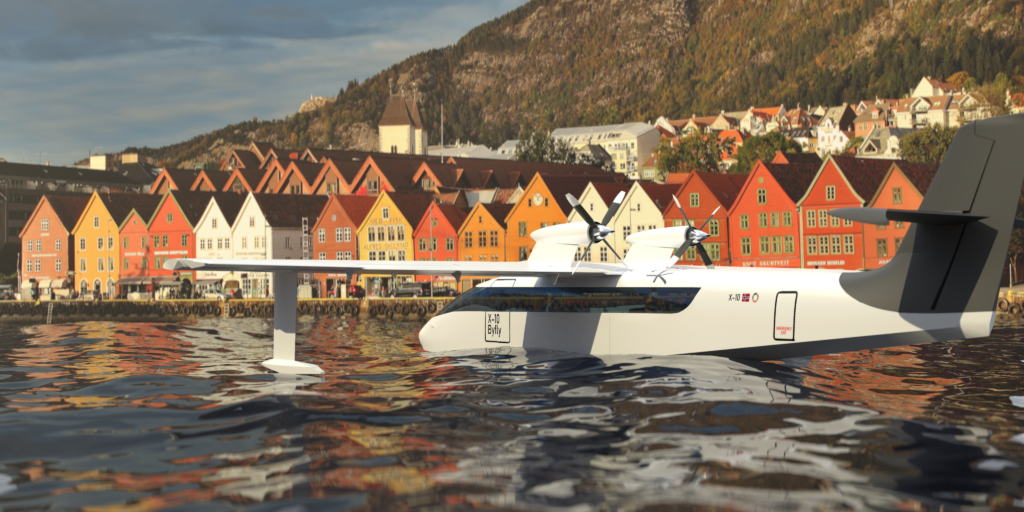
Maria Fiskerud, project manager at Science Park Gotland, highlighted the island’s readiness for electric aviation. “We have the right environment to prepare for electric aviation together, which in turn can contribute to the development of eco travel, both in the Nordics and beyond. Everything is already in place within the ecosystem – from the airport and its electricity capacity to interested aircraft manufacturers like Elfly, aircraft operators, and customers.”
Next-Generation Seaplane Travel
Interest in next-generation seaplane travel is rapidly increasing. At the Revolution.aero conference in London, Eric Lithun spoke about the potential of these new electric seaplanes. “These new electric seaplanes are certifiable to both VFR and IFR conditions – today. Huge amounts of funding have been poured into eVTOLs that don’t have the regulations to certify, so they have a lot of work to do to get certificated. We are working within the rules and regulations of today. Commercial next-generation electric seaplane operations don’t need costly infrastructure, just a small pontoon with chargers, dockside. The water is our runway.”
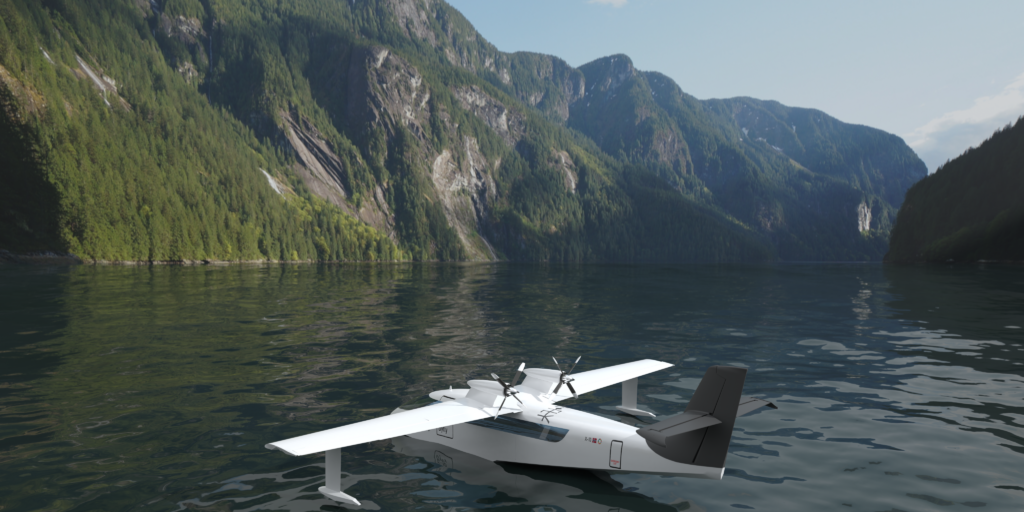
The Noemi Seaplane: A Game Changer
Founded in Bergen, Norway, in 2018, Elfly Group aims to revolutionize aviation with environmentally friendly solutions. Their flagship project, the Noemi seaplane, is a modern amphibious aircraft powered by batteries and two electric engines, drawing inspiration from classic models like the de Havilland Twin Otter and Grumman’s Mallard. Designed for 200-km air journeys, the prototype of Noemi is expected to take flight in 2026.
Technical Specifications, Versatility and Design
The Noemi will feature an unpressurized cabin and dual electric motors with up to 1MW output combined. The aircraft will offer various configurations, including a business/executive cabin with 9 seats, a VIP layout with 6 to 8 seats, and a tourist model with 13 seats. Additionally, the company also plans cargo and medevac models, showcasing its versatile functionality.
Elfly’s Noemi seaplane is at the forefront of sustainable innovation. The aircraft’s design incorporates advanced materials and technologies to minimize its environmental footprint. Utilizing lightweight composite materials and efficient electric propulsion systems, Noemi aims to set new standards for eco-friendly aviation.
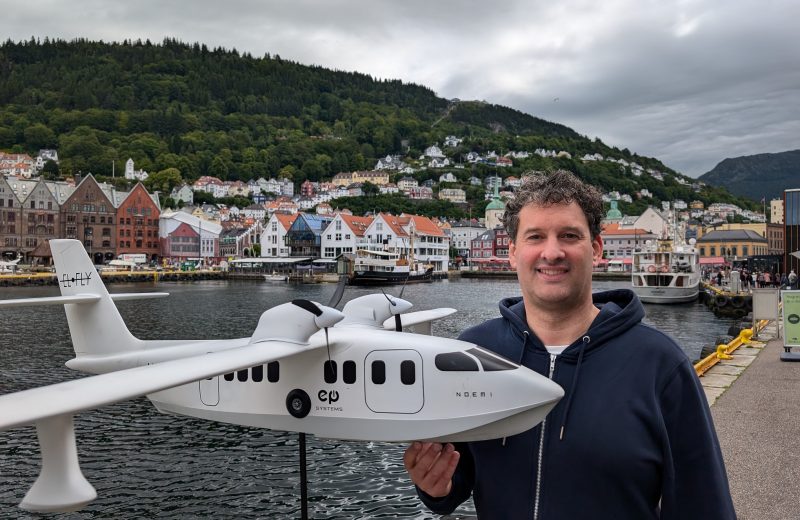
Moreover, the seaplane’s design allows for minimal infrastructure requirements. Unlike traditional aircraft, Noemi can operate from any body of water with a simple pontoon and charging dock. This flexibility not only reduces costs but also opens up new routes and destinations that were previously inaccessible.
The Gotland Connection
Gotland’s strategic location and commitment to sustainability make it an ideal partner for Elfly. The island’s government is keen on integrating electric aviation into its transportation network, enhancing connectivity while reducing environmental impact. This partnership is expected to serve as a model for other regions looking to adopt green aviation solutions.
Research and Development Opportunities
The collaboration between Elfly Group and Gotland extends beyond commercial flights. It includes opportunities for research and development in sustainable aviation technologies. By working together with local universities and research institutions, Elfly aims to advance the science of electric flight and contribute to global efforts in reducing aviation emissions.
Future Prospects and Expansion Plans
Elfly Group’s vision extends beyond Gotland. They plan to expand their operations to other regions, promoting zero-emission aviation worldwide. By partnering with other forward-thinking governments and organizations, Elfly aims to establish a global network of electric seaplane routes.
With a clear roadmap and strategic partnerships, Elfly Group and Region Gotland are poised to lead the charge in zero-emission aviation. This initiative not only aims to transform air travel to and from Gotland but also serves as a model for sustainable aviation solutions worldwide. As interest in next-generation seaplanes grows, the collaboration between Elfly Group and Gotland stands as a beacon of innovation and environmental stewardship.
In summary, Elfly Group’s collaboration with Region Gotland is set to revolutionize air travel with their zero-emission seaplane, Noemi. This partnership showcases the potential of sustainable aviation and sets a precedent for other regions. As they work towards their 2027 goal, the future of green aviation looks promising and exciting.




